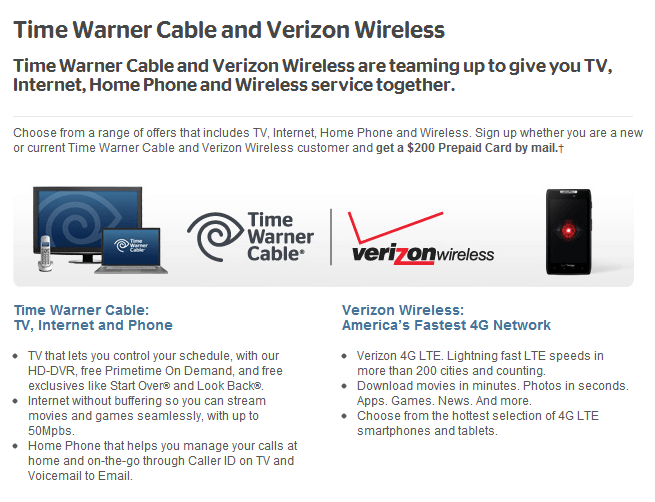 A fiber optic network may be only as good as the marketing that sells it.
A fiber optic network may be only as good as the marketing that sells it.
If that is true, Fort Wayne residents have made their choice, and they prefer Comcast Cable over Frontier Communications FiOS.
City officials released figures this week showing Comcast has a clear lead in the Indiana city. Both companies pay the city franchise fees to do business in Fort Wayne, and Comcast paid almost $435,000, almost double Frontier Communications’ $262,556.
Frontier assumed control of the fiber optics network when it purchased the local assets of Verizon Communications. But Frontier quickly found that volume pricing for video programming gave the old owner a decided advantage. Frontier found programming prices for its comparatively smaller footprint far higher than what Verizon paid, and quickly began encouraging its fiber video customers switch to DirecTV satellite service. Comcast responded with a billboard campaign that suggested Frontier was getting out of the fiber business, and encouraged customers to come back to cable.
Some did, but Frontier says it remains committed to its inherited fiber network, even though it lost over 10,000 customers last year.
“We’ve completed our evaluation of our business model and pricing,” Frontier’s Matt Kelley told the Journal-Gazette. “We’re offering an attractive bundle price. Customers are recognizing the quality and value, and that it’s a very compelling service.”
Frontier does appear to be serious about maintaining the broadband and phone service attached to its FiOS product, but has been looking for ways to bring down the wholesale cost of cable television programming and so far has shown no interest in expanding it.
 “Our focus is not on FiOS video deployment,” Frontier CEO Maggie Wilderotter told investors in 2010. “The costs to install, set up and market new FiOS video customers are very expensive and, in our view, uneconomical.”
“Our focus is not on FiOS video deployment,” Frontier CEO Maggie Wilderotter told investors in 2010. “The costs to install, set up and market new FiOS video customers are very expensive and, in our view, uneconomical.”
That’s less of a problem for Comcast, the nation’s largest cable operator. It enjoys volume discounts few other providers can negotiate. Comcast always had a built-in advantage associated with its incumbency. Getting customers to switch providers isn’t easy. But despite the presence of an advanced fiber optic network operated by the competition, Comcast has held on to customers.
“Our customers that are staying with us and joining us are enjoying our services, especially since the introduction of our Xfinity home security management system,” said Comcast’s Mary Beth Halprin, not missing an opportunity to pitch the cable company’s latest new product line. “The home security service costs $39.95 a month and provides around-the-clock monitoring and allows customers to watch live-streaming video from wireless cameras using an iPhone or iPad.”


 Subscribe
Subscribe





